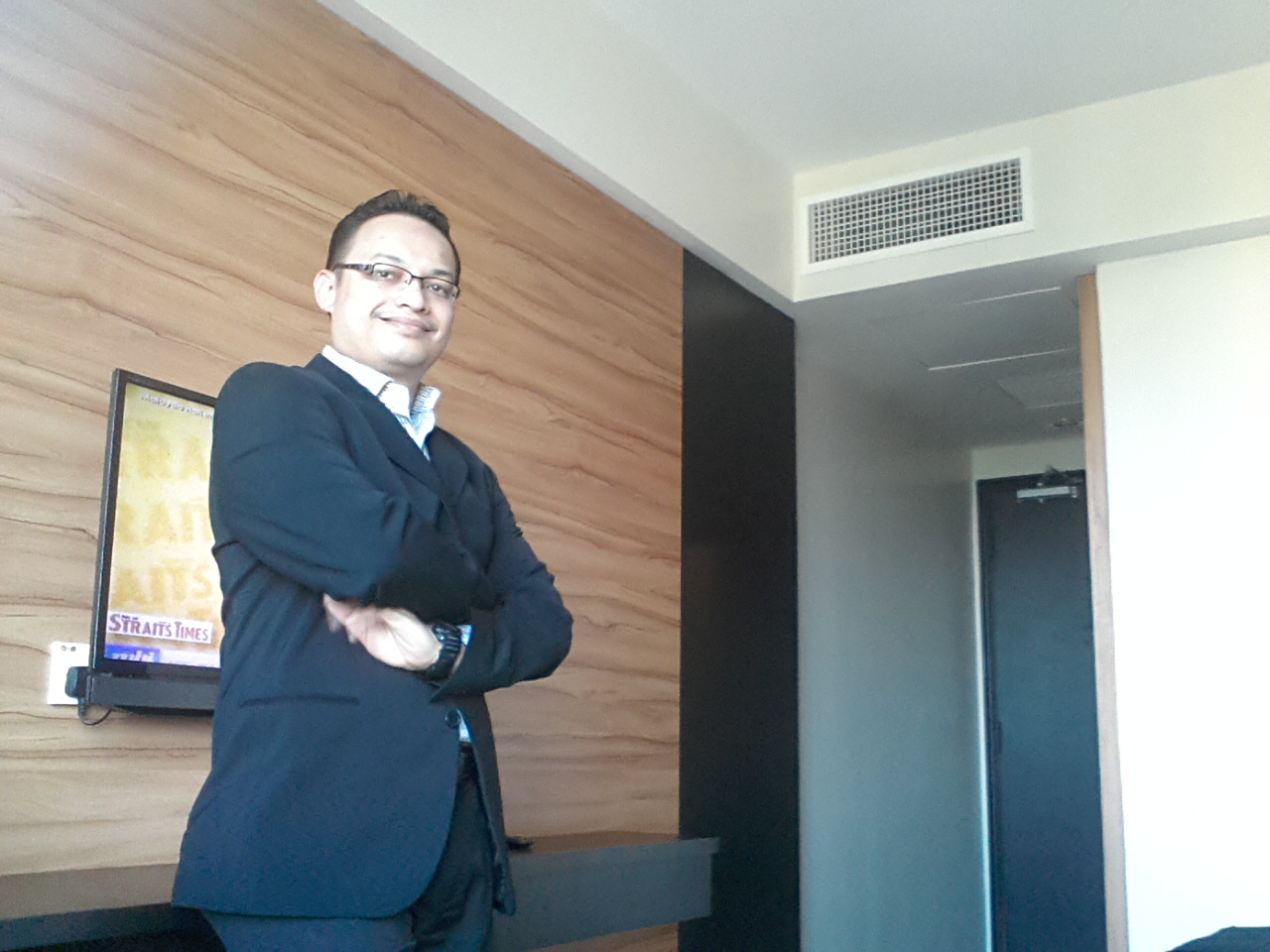 In November, celebrated classicist Mary Beard started a Twitter storm when she asked faculty colleagues to share how many hours a week they typically work. Beard helpfully identified her own working hours as somewhere north of 100 each week.
In November, celebrated classicist Mary Beard started a Twitter storm when she asked faculty colleagues to share how many hours a week they typically work. Beard helpfully identified her own working hours as somewhere north of 100 each week.
That figure elicited widespread shock and dismay — and anger, frustration and accusations of ableism in the protection of status for those who are physically capable of shouldering a bruising schedule. Some respondents correlated academics’ tendency to overwork with an abusive employment culture that extracts more labor from ever fewer laborers, enabling the rapid shrinkage of the professoriate.
A surfeit of pride in one’s in-demand status has come to be called a “busy brag.” The busy brag has attracted media attention over the past several years; see, for example, here and here. A recent article in The Atlantic links the busy brag to a reversal of Thorstein Veblen’s theory of labor and status. In his Theory of the Leisure Class (1899), Veblen wrote, “The conspicuous abstention from labor becomes the conventional mark of superior pecuniary achievement.” Not so today. Not so in higher education. Not so more widely.
….
Continue reading this article by clicking here.

